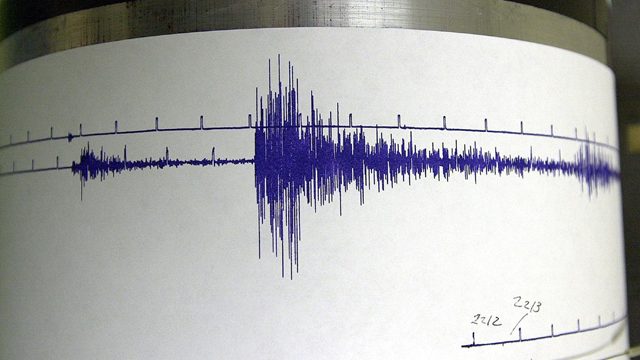Equipment problems between the North Concord and Pittsburg/Bay Point BART stations could take months to fix, agency officials said Thursday.
Dave Hardt, BART's chief mechanical officer, said new parts will need to be ordered for the damaged cars, which will cost about $100,000. There is usually a 22-week wait for BART to get the replacement parts, he said.
BART is now working on finding other solutions to receive the parts faster. Agency officials said passengers should continue to expect delays and fewer trains available on the line linking the North Concord and Pittsburg/BAY Point stations.
Maintenance crews at BART's Concord yard have been working to fix damaged parts and cars out of service.
Problems on the tracks in Contra Costa County began Wednesday morning. BART spokeswoman Alicia Trost said Thursday that 50 cars were damaged from an odd power surge caused when trains zoom over the tracks and are hit by a high spike in voltage, which then damages some propulsion equipment on the train.
A bus bridge has been set up between both stations - six miles apart - in both directions. And BART said the issue is expected to remain into Friday.
Trost said that because of the damaged cars - including 80 that were damaged two weeks ago in a similar situation through the Transbay Tube - the cars in service on Thursday are shorter and more overcrowded. Even people waiting for a train in Oakland are likely to be affected, she said, as the first few trains that pass might be full.
Local
Trost said she had no idea when service would resume - an answer that didn't sit well with commuters.
"It sucks this early in the morning," Zach Schwedhelm said at the Concord station early Thursday. "Now I gotta take the bus and get to 'Frisco. But you gotta get to work, right?"
The transit agency's woes, with much of its fleet dating back to the 1970s, is also likely to refuel the debate about a $3 billion BART bond, which is expected to go on the ballot in the fall.
"The real problem out there is that BART is old and we have to come to terms with it," said Randy Rentschler, Metropolitan Transportation Commission director.
In April 2015, the state auditor said that BART was facing $9.6 billion in capital needs that affect the reliability of rail service if more money isn't secured.
At the time, General Manager Grace Crunican said the agency's current needs stood at $4.8 billion and she identified $5.6 billion more in capital projects that were needed to repair or replace infrastructure.
BART's "Big Three" projects: 775 new rail cars, a new train control system and an expanded maintenance facility, the audit found.
BART's problems also coincided with Metrorail's unprecedented Wednesday shutdown in Washington, D.C., Wednesday, after 26 cables were found to be frayed and damaged.
A 2010 study by the Federal Transit Administration found that 26 percent of rail mass transit systems in the U.S., which includes BART, were in poor or marginal condition.



